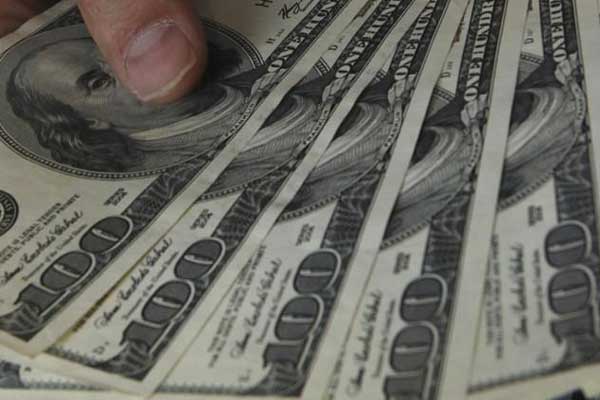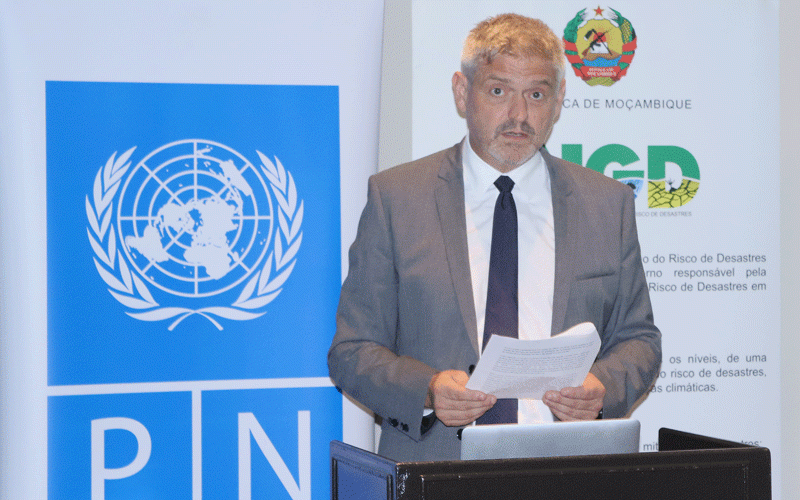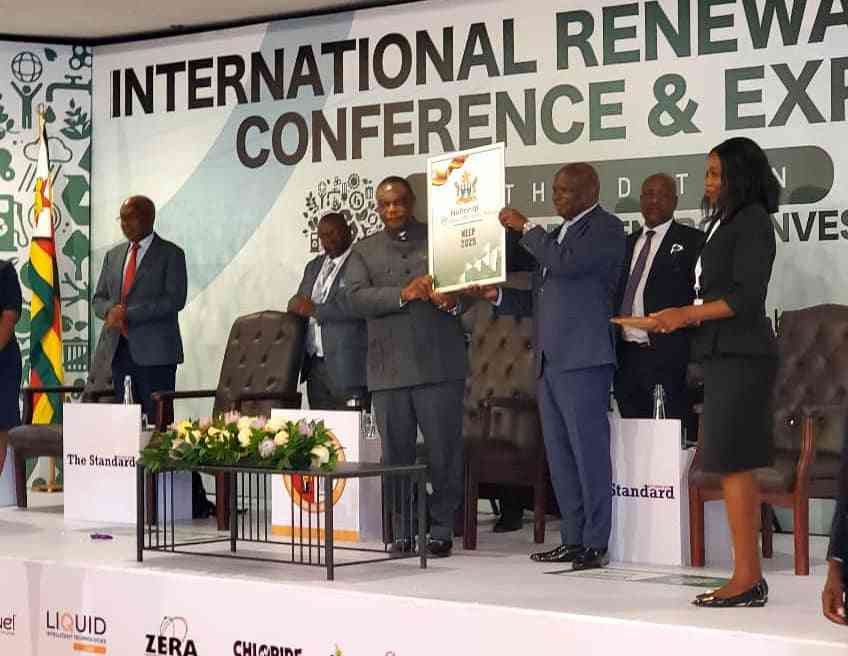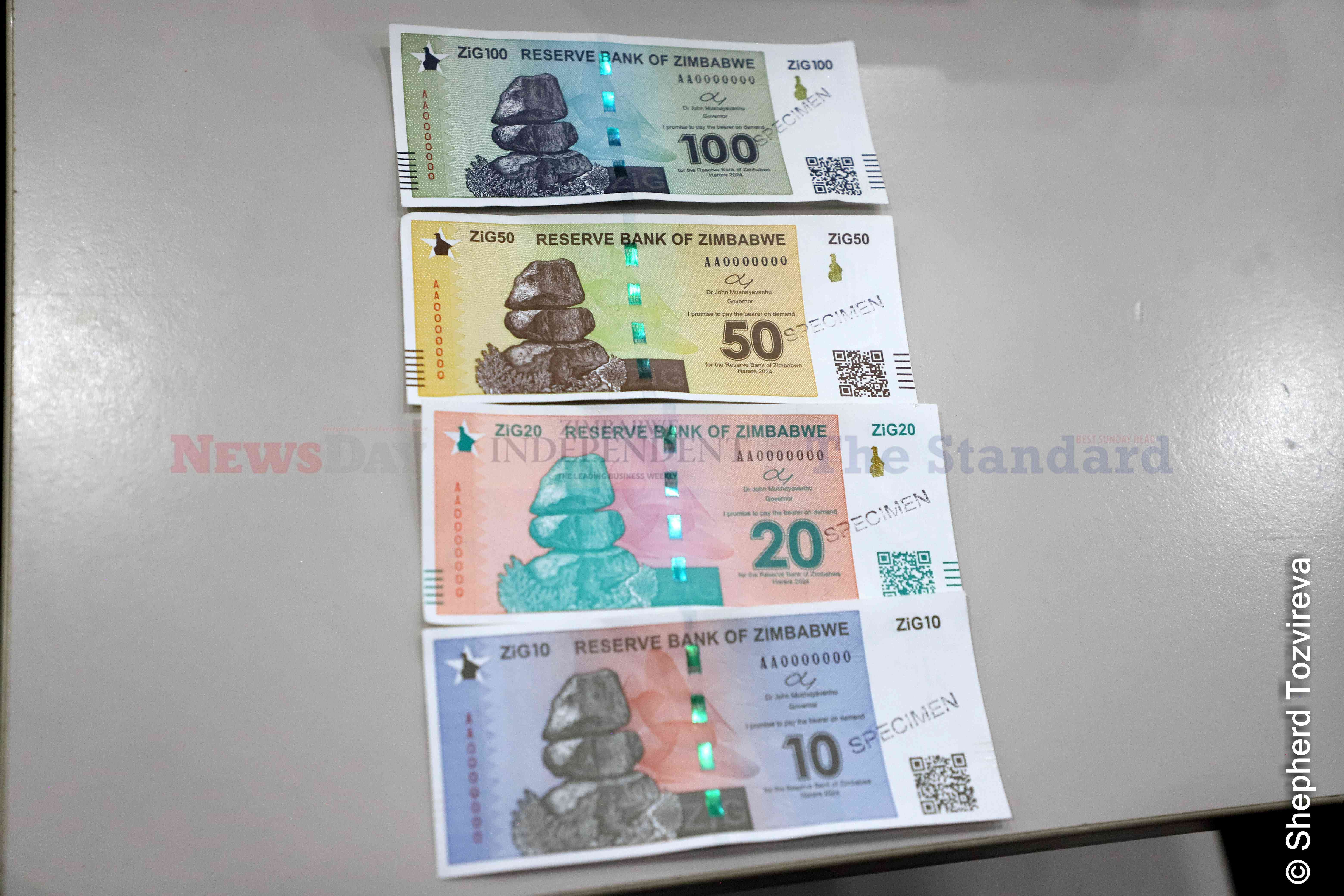
BY MTHANDAZO NYONI
ZIMBABWE remains stuck in the shackles of “dollarisation” despite the government’s move to end the multicurrency system after a decade.
On June 24, through SI 142 of 2019 also known as Reserve Bank of Zimbabwe (Legal Tender) Regulations, government “abolished” the use of multiple currencies such as the British pound, United States dollar, South African rand, and Botswana pula, among others.
As a result, the Zimbabwean dollar in the form of real time gross settlement (RTGS), bond notes and coins, became—on paper — the only legal tender, nearly a decade after it was decimated by hyperinflation and demonitised.
The policy sought, among other things, to contain the thriving black market, curb runaway inflation and enhance the affordability of goods and services by the majority.
But reality on the ground shows that the country is still under dollarisation as businesses and individuals are still using greenback for domestic transactions.
In addition, if not using the United States dollars (US$) for transactions, businesses are referencing or indexing their prices to the greenback.
The central bank recently granted special dispensation to employees of exporting companies to receive their salaries in foreign currency.
- Chamisa under fire over US$120K donation
- Mavhunga puts DeMbare into Chibuku quarterfinals
- Pension funds bet on Cabora Bassa oilfields
- Councils defy govt fire tender directive
Keep Reading
It also allowed fuel dealers and other sectors to sell their products in foreign currency.
On the other hand, civil servants including teachers and doctors are demanding US$ rated salaries.
Economic analyst Persistence Gwanyanya said the informal sector had totally ignored SI 142 and continues to transact locally in foreign currency.
“Even those who complied are largely referencing or indexing their prices to the United States dollar, all of which deny the country the opportunity to benefit from using a sovereign currency,” he said.
“A normal economy should reference its prices to itself.
“In this economy, prices are a function of its demand and supply factors, not just US dollar exchange rate movements.
“This is what makes such an economy produce and sell its products cheaper, both locally and internationally, which is the main argument advanced in favour of a sovereign currency,” he said.
“Our regional peers like South Africa, Zambia and Botswana are currently enjoying the highlighted benefits of using their sovereign currencies and that is where we want our country to go.”
Gwanyanya said beneficiaries of free funds prefer to hold their money in foreign currency to hedge against RTGS$ depreciation.
“They normally convert only the amounts they need to use at a time and in some cases prefer to buy in US dollars and enjoy the discounts offered,” he added.
“It is always important to understand that every US dollar discount implies RTGS$ depreciation and therefore higher RTGS$ prices, with the concomitant effect of speeding redollarisation.”
Another economic analyst, John Robertson said street traders never de-dollarised.
“The local paper money is as scarce as the foreign exchange, so a separate premium has to be paid for cash.
“The official exchange rate for the electronic money might be about 15,5:1, but very little is available at that exchange rate. The street traders and others can get 19:1 or 20:1,” he said.
“For them (street traders), the country never de-dollarised and they have retained the ability to hold onto reserves that should be held by the Reserve Bank and all traded at a single daily rate.
“If that were to be enforced, some privileges would disappear, so the market remains distorted and highly unstable because the privileges are considered so important.”
A survey conducted by Standardbusiness last week in Harare and Bulawayo revealed that most businesses, both formal and informal, were still accepting US$ or indexing their prices to the greenback.
In some of his writings, business and economic analyst Victor Bhoroma indicated that the persistent price volatility in the economy had left producers and retailers in the country with very limited options apart from indexing their products in the US dollar or pegging their RTGS prices using the black market rates of the day.
To some extent, he said this was inevitable after the economy rolled back to the hyperinflation era at the beginning of the year, with inflation figures standing at 176% at the end of June 2019.
Treasury, however, suspended the publication of annualised inflation figures until February 2020 to allow the Zimbabwe Statistics Agency to compile new price data after the country adopted the mono-currency system.
The local currency has lost more than 93,5% of its value since introduction on February 20 2019.
Prices for goods and services are, however, informed by the parallel market rates where US$1 fetches about $19,5.
Bhoroma pointed out that Zimbabwe was now in de facto dollarisation, also known as unofficial dollarisation, which arises when individuals lose confidence in a domestic currency and hold foreign currency bank deposits or notes to protect against high inflation in that domestic currency.
De facto dollarisation includes the spontaneous adoption of the dollar by producers and retailers as a means to trade or store value without government legislation or recognition, he said.
“De facto dollarisation is helping local producers to get fair value for their products, keeping them in business.
“Local producers learnt well from their painful experiences in 2008 and have remained alert to the black market exchange rate.
“It can only be rational given the prevailing economic uncertainty in Zimbabwe.”
Robertson said for any country, if its local currency is trusted, is readily available and has a steady exchange rate, the population will fully accept it.
“The country’s Reserve Bank is there to bank the foreign reserves. If the Reserve Bank holds a good stock of foreign reserves, it will have no difficulty meeting the legitimate needs of importers, holiday makers and any others who need to make payments abroad,” he added.
Robertson said in Zimbabwe, none of these conditions apply as the country does not have enough foreign currency income because “we closed down our biggest export industry, commercial agriculture, and because we are spending a high percentage of what is left of our export revenues on importing food.”
“The local currency is not properly supported by production, so its value cannot be trusted,” he said.
“Most of this money came into existence in the form of electronic money a few years after we dollarised in 2009, but most of us did not become consciously aware of it until a US dollar scarcity began to emerge in the early months of 2015.”
Robertson said the central bank has destroyed trust and nothing had been done to rebuild it.
“We might see trust gradually returning if the ZWL$15,5:1 rate is held constant for the coming months, but the momentum that has been built into the inflation rate will take a full year to dissipate even if the exchange rate does remain constant,” he said.
As a way forward, Robertson believes new bank notes to ease the cash shortage will help, but only if government is extremely disciplined and does not use any of this money to meet government expenses, unless it reaches them as tax payments.
“Discipline in government is the first essential to help the local currency become worthy of trust, and the second essential is to sustain a stable exchange rate,” he said.










